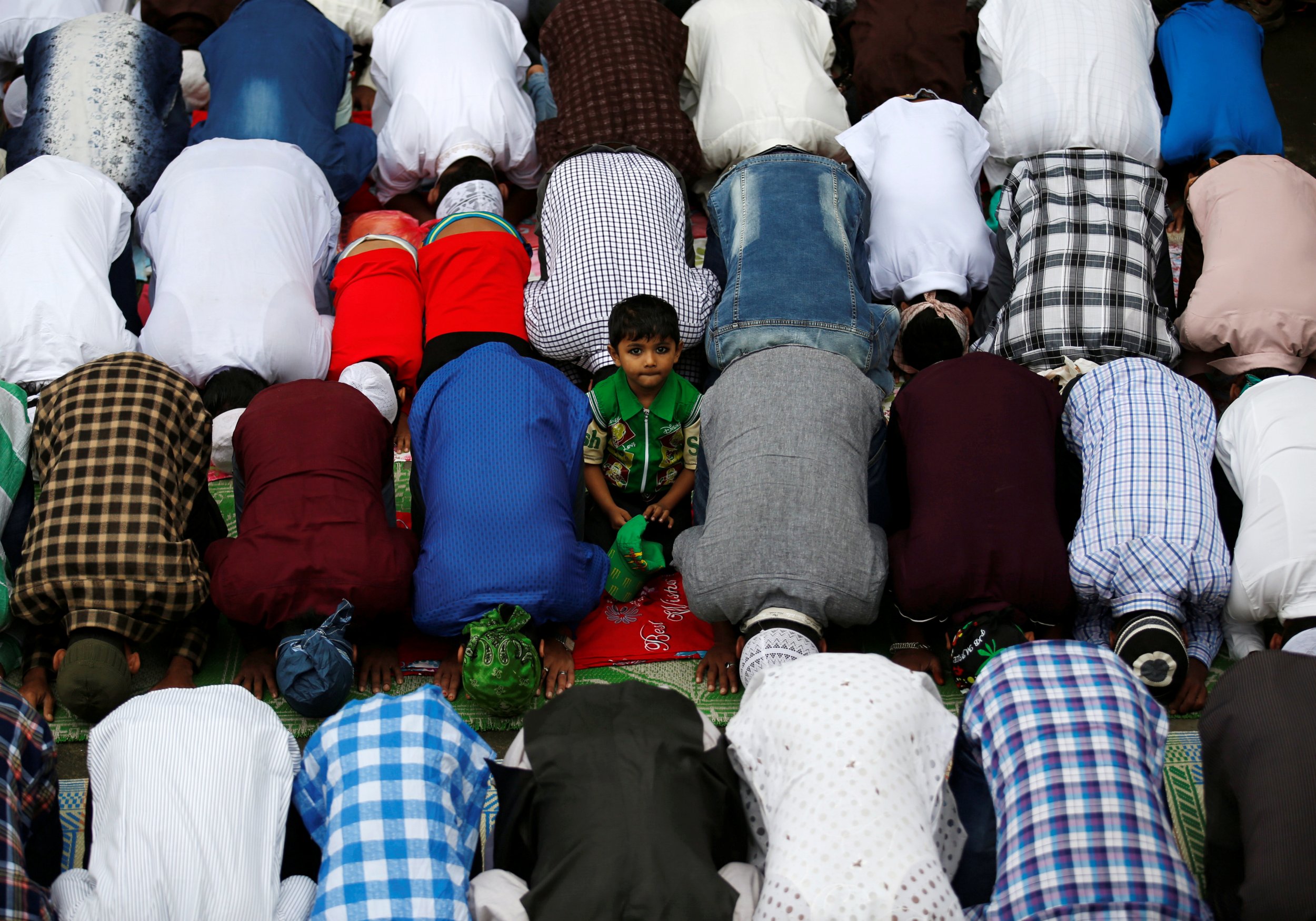
One of the most important dates in the Islamic calendar is Eid al-Adha ('Festival of Sacrifice.') Also known as the Greater Eid, the day comes at the end of Hajj, the annual religious pilgrimage to the holy city of Mecca in Saudi Arabia.
The precise date of Eid varies from year to year because its calculation comes from the Islamic calendar, which is lunar. It falls on the 10th day of the Islamic month of Dhu al-Hijjah, which, in most Muslim countries, falls on 1 September in 2017 and lasts for four days. Pakistan marks Eid on September 2.
A handful of predominantly Muslim countries have already announced long stretches of public holidays this year in celebration of Eid.
Saudi Arabia, the destination for all pilgrims, is already amidst of a 16-day public holiday which began August 24 and will continue until September 9. Nearby Qatar begins a 10-day public holiday on Thursday lasting until September 10, while Turkey began its 10 day run of holidays on August and will culminate on September 4.
Muslims elsewhere in the Middle East and southeast Asia will have fewer days to mark Eid, with Egypt, Oman, Kuwait and Jordan have a five-day holiday from Thursday until September 4. Pakistan and Lebanon will have four days of holidays starting on Friday and also ending on the final day of the feast—September 4.
Traditionally the rituals of Eid follow from the obligations of Hajj. While on Hajj and once within six miles of Mecca, pilgrims will have already dressed in white garments to represent a state of purity known as ihram and will not cut their hair or nails until the pilgrimage is over. By Eid, every pilgrim is obliged to perform taqsir or halq, which means cutting or shaving their hair.
The festival is believed to commemorate the devotion of the Islamic prophet Ibrahim (Abraham in the Judaeo-Christian tradition) to Allah's will. Just as Hajj marks the appearance of the zam zam—the spring in Mecca that saved the life of Hagar, Ibrahim's wife, and his son, Ismail—Eid celebrates brahim's willingness to sacrifice Ismail on Allah's orders. After preparing to follow through on God's demand, the prophet is told he need not to. As reward for his faith, Allah allows Ibrahim to sacrifice a lamb instead,
A very similar story of Abraham's sacrifice exists in Christian and Jewish scripture but it tells of God's demand that Abraham sacrifices his son Isaac, not Ismail. Isaac was Abraham's son with his wife Sarah, while according to the Islamic tradition Ismail is Ibrahim's son with Hagar.
Uncommon Knowledge
Newsweek is committed to challenging conventional wisdom and finding connections in the search for common ground.
Newsweek is committed to challenging conventional wisdom and finding connections in the search for common ground.
About the writer
I am a Staff Writer for Newsweek's international desk. I report on current events in Russia, the former Soviet Union ... Read more





